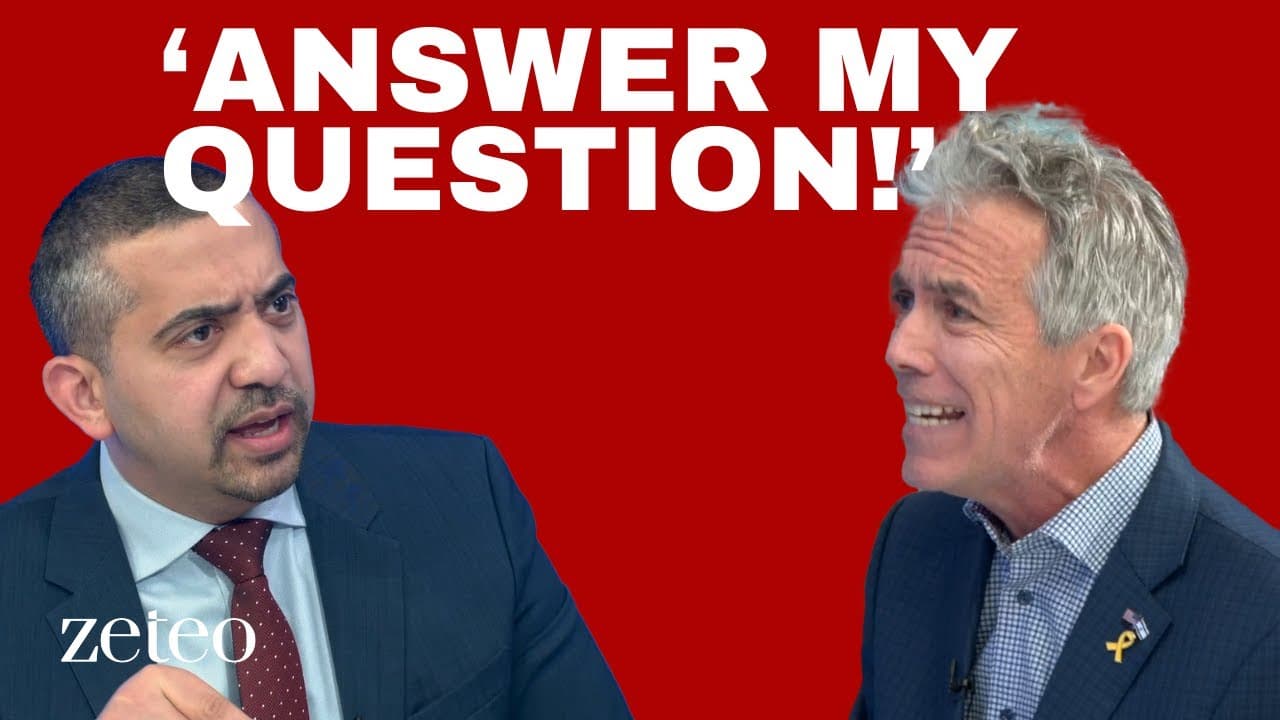Debate Ignites Over Islamic Call to Prayer in US Cities as Minneapolis Becomes First Major City to Allow All Five Daily Broadcasts

A recent social media exchange between journalist Mehdi Hasan and conservative commentator Matt Walsh has spotlighted the ongoing debate surrounding the public broadcast of the Islamic call to prayer, known as the adhan, in American cities. The controversy gained traction following Hasan's assertion that Muslims should be afforded the same public expression as Christians, prompting a sharp rebuke from Walsh. This discussion unfolds as some US cities are navigating the integration of diverse religious practices into their public soundscapes.
Mehdi Hasan, former MSNBC host and founder of Zeteo, initiated the discussion by stating, "If you can have your church bell, we can have our Islamic prayer call. We are as American as anyone else, and don't take B.S. from anyone." This statement underscored a call for religious parity in public audible displays. Hasan, an immigrant from the UK, has frequently advocated for the rights and integration of Muslim Americans.
Matt Walsh, a prominent figure at The Daily Wire, responded with strong opposition to Hasan's proposition. Walsh declared, "Christianity built this country. Islam did not at all in even the slightest way. That’s why we can have our church bells, you ungrateful little b***h." His comments emphasize a perspective that prioritizes the historical Christian foundation of the United States.
The debate extends beyond this individual exchange, reflecting broader discussions in American municipalities. Minneapolis notably became the first major US city to permit the amplified outdoor broadcast of all five daily adhan calls at any time, including early morning and late evening. This decision, approved unanimously by the city council and signed by Mayor Jacob Frey in April 2023, eliminated previous noise ordinance restrictions.
Similarly, New York City announced new guidelines in August 2023, allowing mosques to publicly broadcast the adhan on Fridays and during Ramadan without special permits, provided decibel levels are appropriate. However, cities like Dearborn, Michigan, with a significant Muslim population, continue to grapple with residents' complaints regarding the volume of the adhan, leading to ongoing enforcement of noise ordinances and community discussions about respectful coexistence.
The core of the issue often revolves around the comparison between church bells, which have a long-standing tradition in Western culture, and the adhan, which is a vocal recitation. While proponents argue for equal religious expression, critics raise concerns about noise pollution and the imposition of religious sounds on non-adherents. Imam Mohammad Ali Elahi of Dearborn Heights has advised against outdoor broadcasts if they cause distress to neighbors, highlighting a nuanced approach within the Muslim community.